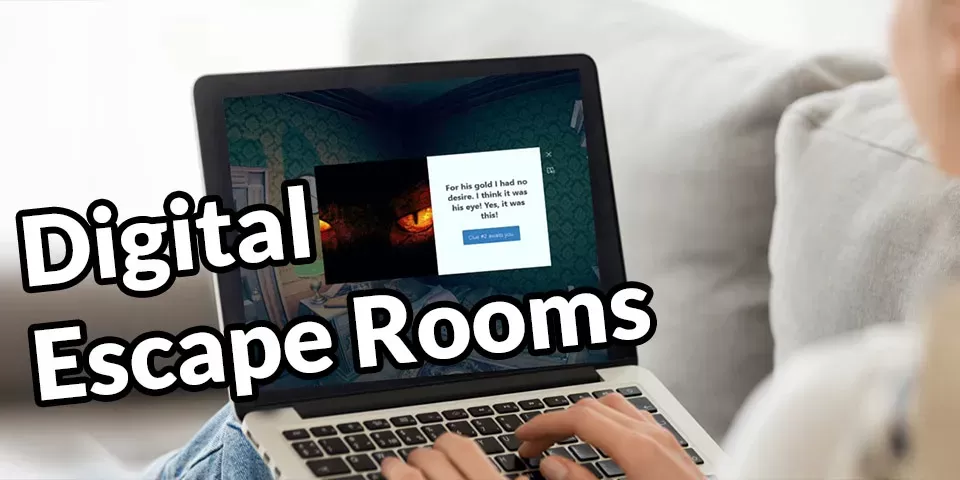The role of challenge-based learning in the development of Youths skills in environmental awareness and active citizenship

We are living in a digital era where digital elements and tools have immersed more or less in all aspects of life. Learning as a process could not remain untactful from these developments. If someone asked you about the parts thar are affected by these developments, you would probably name as an example e-learning and the corresponding online learning formats.
But what about serious gaming?
Many falsely could think that games and gaming can work only as part of one’s amusement. Yes, they entail fun, joy, the will to achieve goals/ levels leading to unbelievable emotions of pride and satisfaction of all that the gamers received through the “journey”. These key elements, where the starting point for teachers and pedagogists to start searching the advantages of exploiting and integrating such innovative practices into the learning process.
According to Portuguez Castro & Gómez Zermeño (2020), challenge-Based Learning (CBL) is an innovative teaching methodology that engages students to resolve real-world challenges while applying the knowledge they acquired during their professional training.
Research has revealed that serious gaming in general and escape rooms in particular, can facilitate youths to cooperate, communicate, and be critical and active learners. As a didactic tool with a motivational purpose, they can create memorable learning experiences that cannot be replicated by standard classroom activities. They can inspire learners to seek more knowledge, help them reflect upon learning, develop their intrinsic motivation to learn and explore instead of just responding to extrinsic motivations.
A Digital Escape Room is an innovative learning resource that makes learning more attractive, and thus, more memorable- especially for young people. Living in a digital and fast- changing era, young people need stimulating and challenging environments of learning. Escape rooms are challenged based resources; something that adds value on the topics to be tackled through learning. Creating a more visually attractive and interactive learning environment, it is easier to engage young people to comprehend those topics and reflect upon them. Solving quizzes and riddles to escape a room, the young people improve the above- mentioned key competences and at the same time, acquire a more structured knowledge on media literacy education, whilst developing crucial skills such as critical thinking skills and digital skills to further support them and encourage them to be engaged, connected, and empowered as active citizens. Working with facts and myths, intentional error, etc. the participating actors will need to figure out the quizzes and riddles presented to them (case study) to move to the next step and eventually escape the(digital) room. The variety of topics that can be developed and taught through digital escape rooms are countless, however it is a fact that these kind of learning tools contribute significantly to the field of active citizenship as well as the one of raising awareness on environmental issues and sustainability.
If you want to delve into the world of digital escape rooms and how they work within the learning process, just visit ACTIVEYOUTH4Life project. Soon there will be available 6 different Digital Escape Rooms in different languages (English, Greek, Italian, Spanish, and Bosnian). Are you ready to escape?
The European Commission’s support for the production of this website does not constitute an endorsement of the contents, which reflect the views only of the authors, and the Commission cannot be held responsible for any use which may be made of the information contained therein.
Project Number: 2021-1-ES02-KA220-YOU-000028702